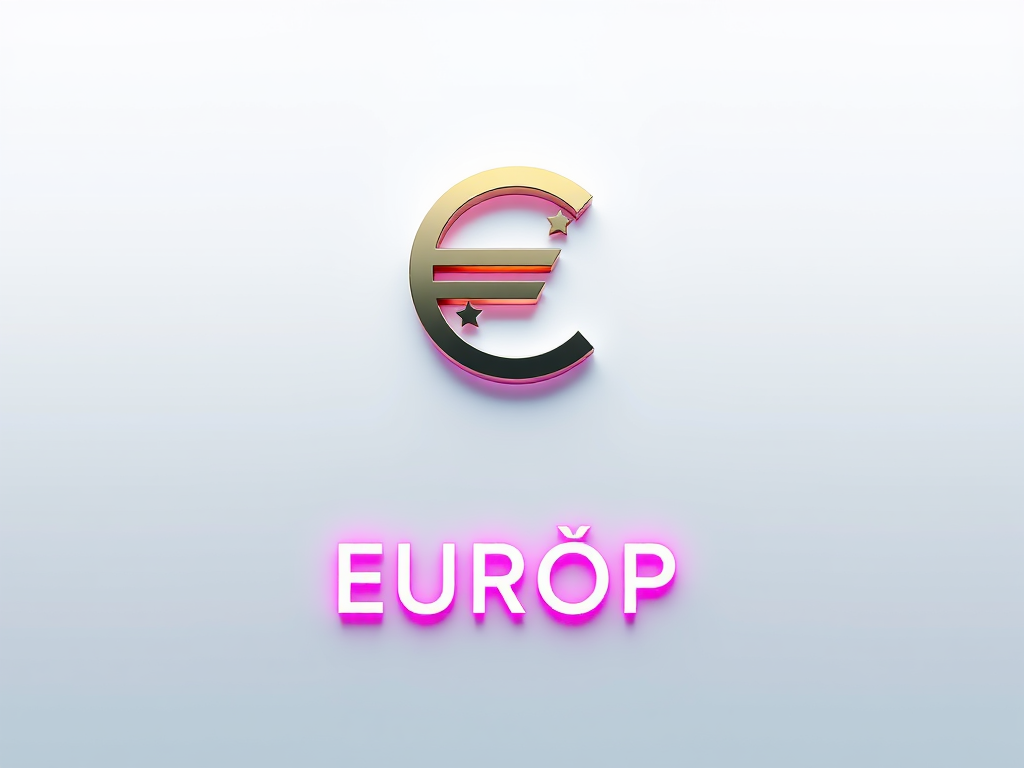Key Points
* Ethereum Foundation researchers Justin Drake and Dankrad Feist have resigned from their advisory roles at EigenLayer, with Drake revealing his token allocation was worth “millions of dollars” vesting over 3 years
* The controversy prompted the Ethereum Foundation to accelerate work on a formal conflict of interest policy, moving away from reliance on cultural norms and individual judgment
High-Profile Resignations Mark End of Controversy
Two prominent Ethereum Foundation researchers, Dankrad Feist and Justin Drake, have stepped down from their advisory positions at EigenLayer, concluding a months-long controversy that sparked intense debate within the Ethereum community. The researchers announced their resignations simultaneously on X (formerly Twitter), with Drake revealing he had actually relinquished his position in September.
Project Stakes and Financial Implications
EigenLayer has established itself as one of the top three DeFi projects on Ethereum by Total Value Locked (TVL), according to DefiLlama data. The platform’s significance in the ecosystem made the researchers’ involvement particularly noteworthy, especially after Drake’s disclosure that his compensation package included “millions of dollars of tokens vesting over 3 years.”
Institutional Response and Policy Changes
The controversy has catalyzed institutional change within the Ethereum Foundation. Executive director Aya Miyaguchi acknowledged in May that relying solely on cultural norms and individual judgment had proven insufficient, prompting work on a formal conflict of interest policy. While the complete policy update is still pending, Drake’s announcement suggested new guidelines are already in effect, stating he would “turn down all advisorships, angel investments, and security councils” going forward.
Both researchers expressed contrition while maintaining their belief in EigenLayer’s potential. Feist noted, “EigenLayer is a great project that I hope will continue to complement Ethereum well in several ways. But Ethereum has a lot of important work to do and I will focus all my attention on getting it done.” Drake was more direct in his apology, acknowledging that accepting the advisory role was “a bad move” in hindsight.
The situation has highlighted the cryptocurrency industry’s ongoing evolution in establishing professional boundaries and ethical guidelines. Drake’s commitment to go “above and beyond” the new Foundation-wide conflict of interest policy signals a potential shift toward stricter standards of neutrality for researchers in the ecosystem.
The resignations and subsequent policy discussions represent a crucial moment in the cryptocurrency industry’s maturation, as institutions grapple with balancing innovation and integrity while maintaining public trust. The controversy has sparked important conversations about the appropriate relationship between institutional research and commercial interests in the rapidly evolving blockchain space.















